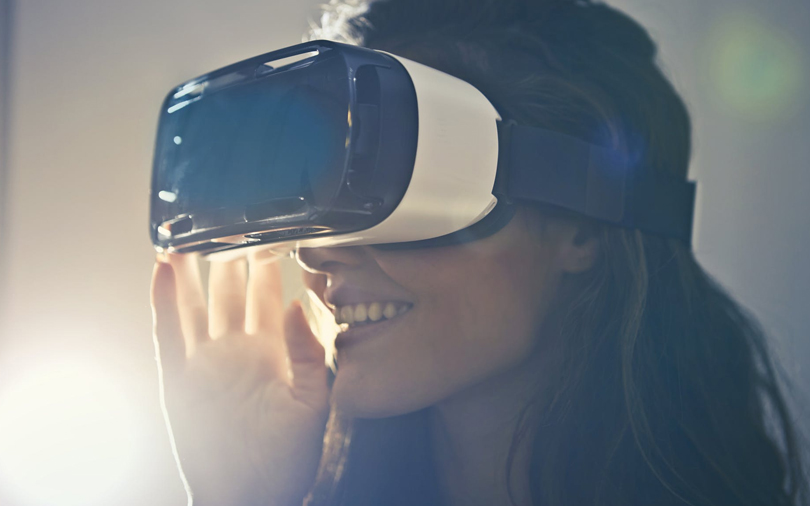
AR and VR-enabled stores to attract 100 mn customers by next year: Gartner

More than 100 million consumers will shop in augmented reality or virtual reality-enabled stores by 2020, according to a report by market research firm Gartner.

“Retailers are under increasing pressure to explain the purpose of physical stores, and take control of the fulfillment and return process for cross-channel execution,” said Hanna Karki, principal research analyst at Gartner.
“At the same time, consumers are progressively defining the value provided by the experiences they receive from retailers. As a result of these pressures, retailers are turning to AR and VR to offer customers a unified retail experience inside and outside retail stores,” she added.
A previous report based on a survey conducted last year by Gartner had shown that almost 46% of retailers were planning to deploy either AR or VR solutions to service customers by 2020.
Moreover, another Gartner survey that measures popularity and hype of emerging technologies claims that interest in AR and VR has climbed somewhere between 15 and 30%.

Explaining the impact of AR in retail, Karki said that retailers could use this technology as an extension of the brand experience to keep customers engaged and at the same time drive revenue.
The research analyst gave the example of IKEA's Place app that enables customers to virtually ‘place’ the furniture retailer’s products in their home or office space.
Speaking about VR, Karki said that retailers could create task efficiencies or reduce costs of designing new products with this technology.
They can also enhance the understanding of information through advanced graphical visualisation and simulation technologies, she said, giving examples of pilot projects and implementation such as Alibaba's full VR shopping experience, virtual reality tours by Tesco, Adidas’ VR video to promote its outdoor clothing collection, and eBay Australia’s partnerships with Myer to create personalised stores.
The report also said that 5G will play a crucial role in accelerating the adoption of AR and VR in stores.
“Gartner expects that the implementation of 5G and AR/VR in stores will transform not only customer engagement but also the entire product management cycle of brands,” said Sylvain Fabre, senior research director at Gartner. “5G can also optimise warehouse resources, enhance store traffic analytics and enable beacons that communicate with shoppers’ smartphones.”
Other examples of 5G support would include real-time rendering for immersive video, shorter download and set-up times, and extension of brands and shopping experiences beyond stores, Fabre said.
